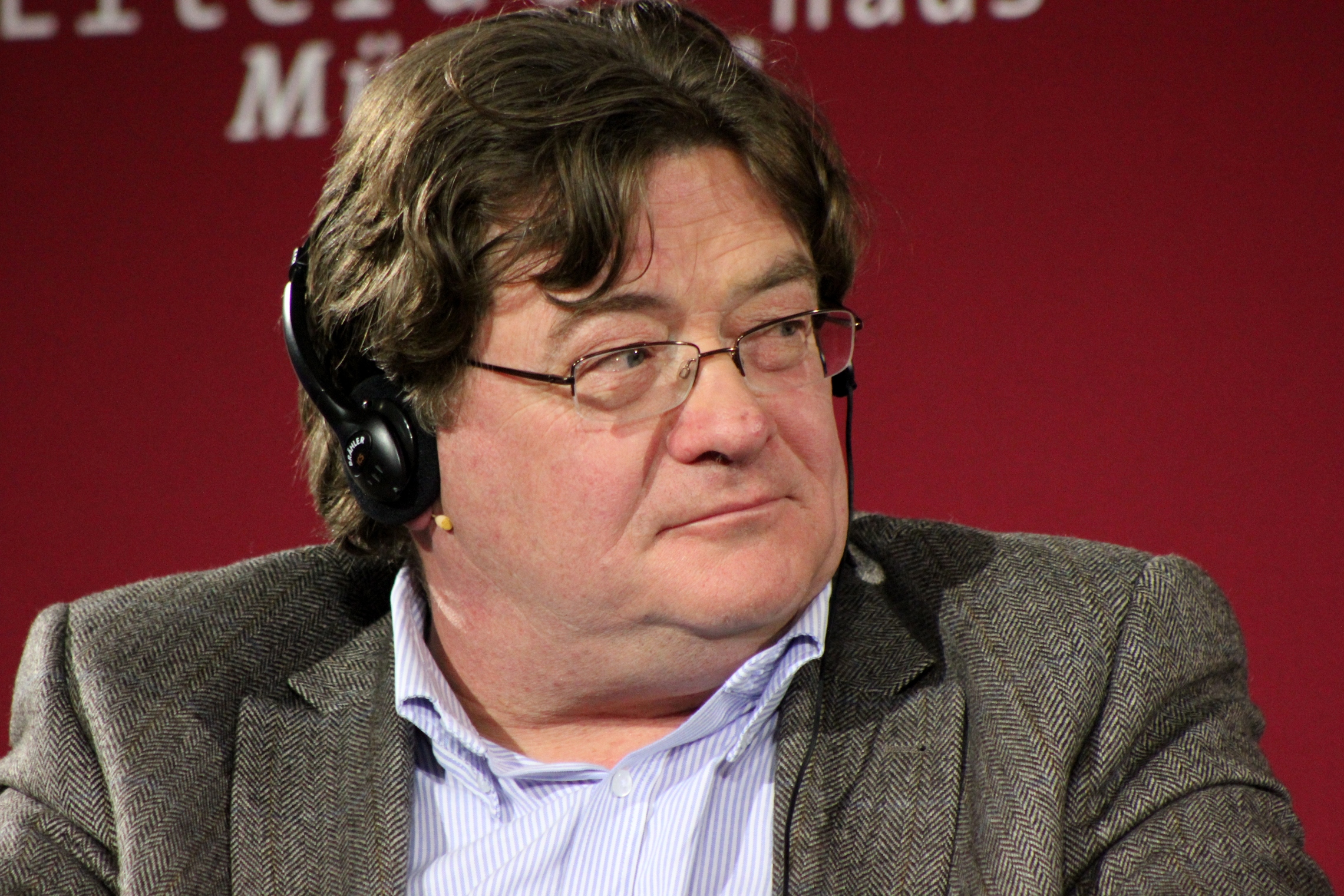John Burnside on the Secret to a Good Book

Among those who will decide which English novel receives the coveted Man Booker Prize is Scottish poet, John Burnside. Selected as a juror for the 2015 fiction novel awards, Burnside said he couldn’t be happier.
“When they call you up and ask you if you want to do it, they tell you how hard it’s going to be, how much work is involved and no matter how much somebody tells you that, you don’t quite understand.”
“But imagine the privilege of being allowed to sit and just read novels, contemporary novels, and if you get guilty about just sitting reading you can turn around and say to yourself, ‘No i’m working. I’m doing something positive.’”
The Man Booker Prize only selects works of original fiction written in the English language and published in the UK. Historically the winner of the Man Booker Prize had been required to be a citizen of the Commonwealth of Nations, the Republic of Ireland or Zimbabwe. However, in 2013, regulations were changed so that the prize would consider writers from around the world so long as their novel was in English and published in the UK. Burnside says this offers more room for diversity.
“I like to see diversity,” he says. “Books by women, books by people of colour, books by people of different religious and cultural backgrounds. That’s happening more and more. So I look for that. I hope for that.”
Burnside himself is no stranger to literary awards. He has received numerous prizes for both his poetry and short stories. The most recent being the T.S. Eliot Prize in 2011 for his poetry collection Black Cat Bone. Burnside says his judging heavily relies on the use of language in a work of fiction.
“It’s not just a vehicle to have a sexual fantasy or pretend you’re shooting somebody,” he says. “It’s about how the texture of language, and the quality of language, and the depth and nuance of language informs the way we live our lives.”
Burnside is joined by four other jurors for the 2015 Booker Prize. Princeton English literature professor Michael Wood is to chair the panel including Burnside, novelist and biographer Frances Osborne, and literary editors Sam Leith and Ellah Allfrey.
Burnside says he has already had difficulty narrowing down novels to the long list. He also hopes the public will become more active in promoting literary works.
“There’s all kind of ways that people can participate in the process of making an author become considered by critics, by reviewers, and by people who judge prizes by reading the books and thinking about them instead of just buying the stuff at the front of the store.”
Although Burnside says there’s a simple truth to a great book.
“This is the book that you want to go out and say to your friends, ‘have you read this book, because it’s amazing’ and that you can say that to them and they won’t come back to you two weeks later, a month later, and say what the hell was that? You’ll feel proud to have recommended that book.”